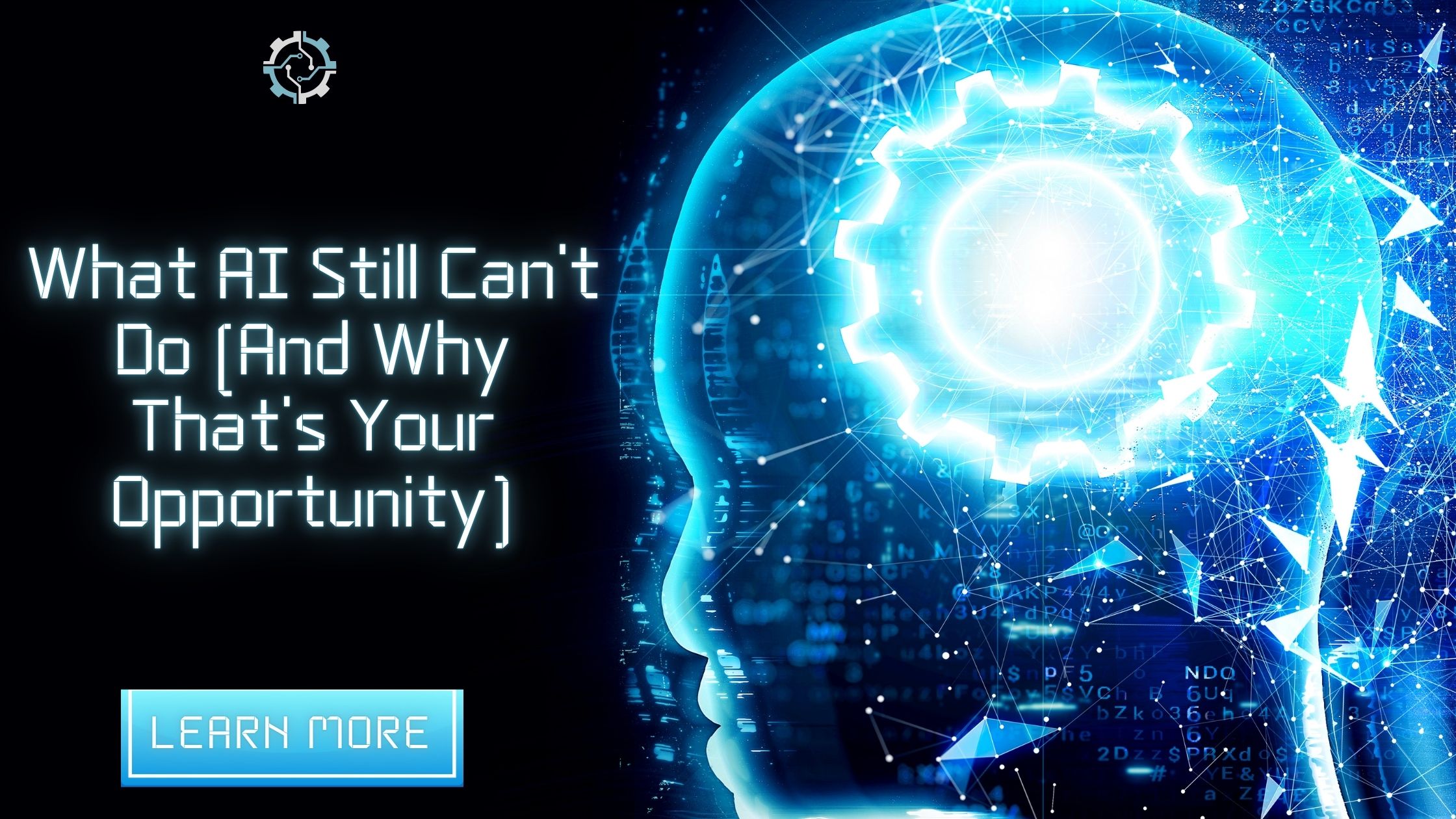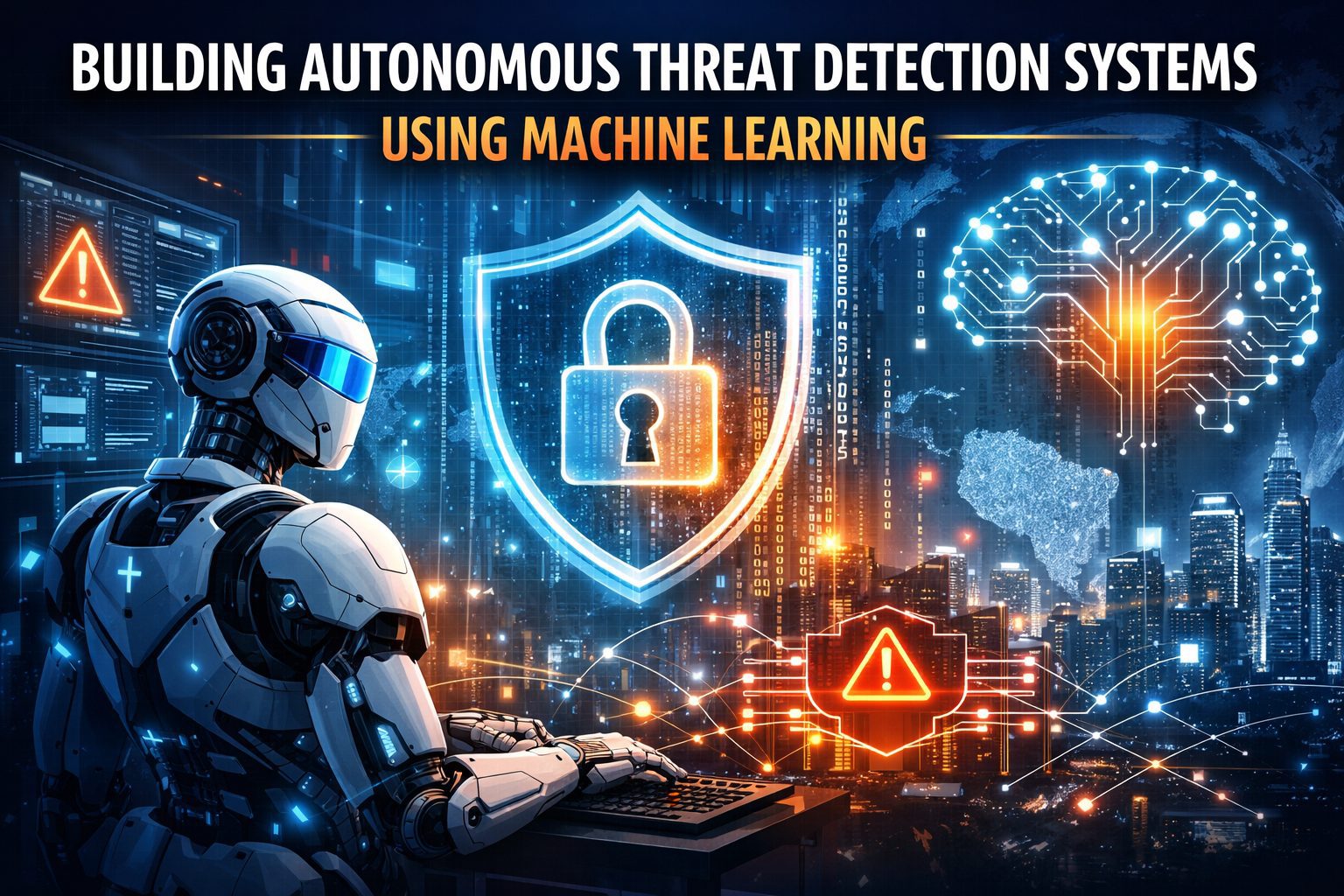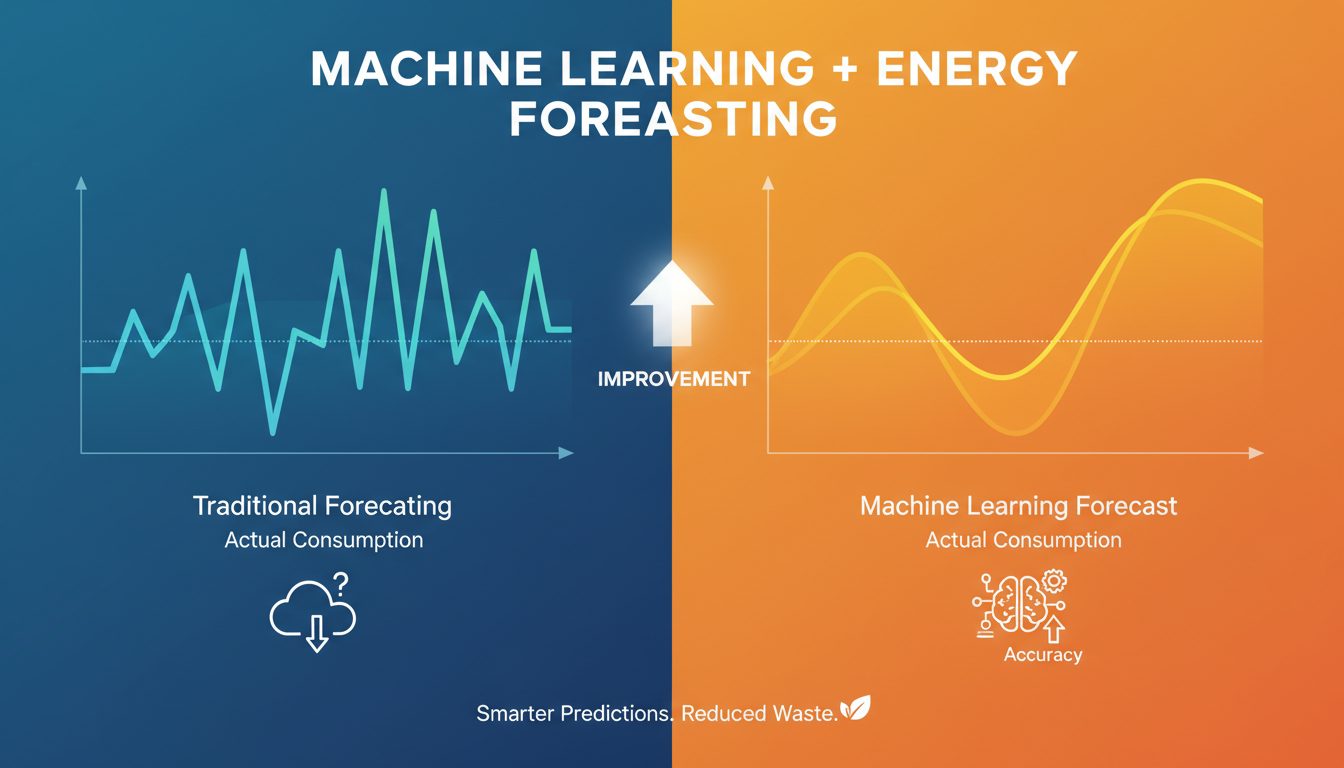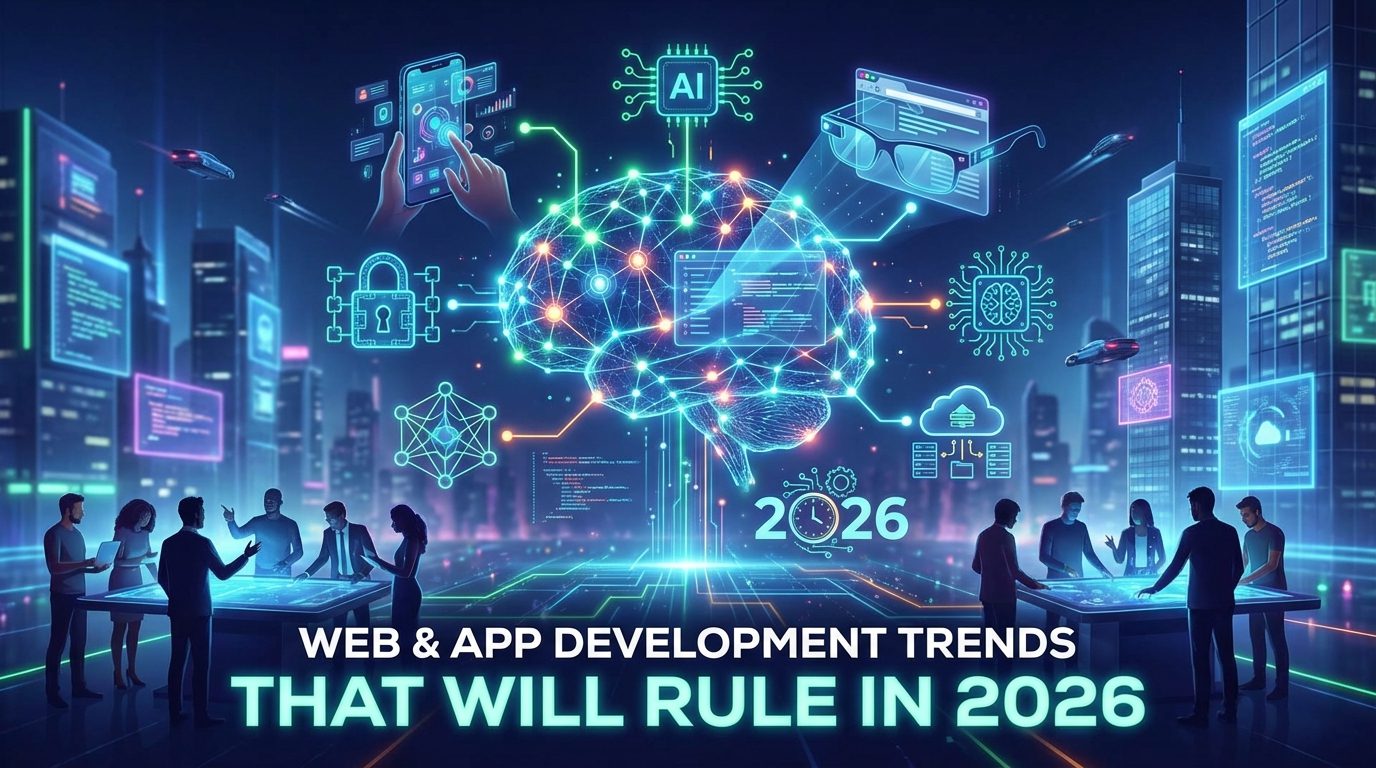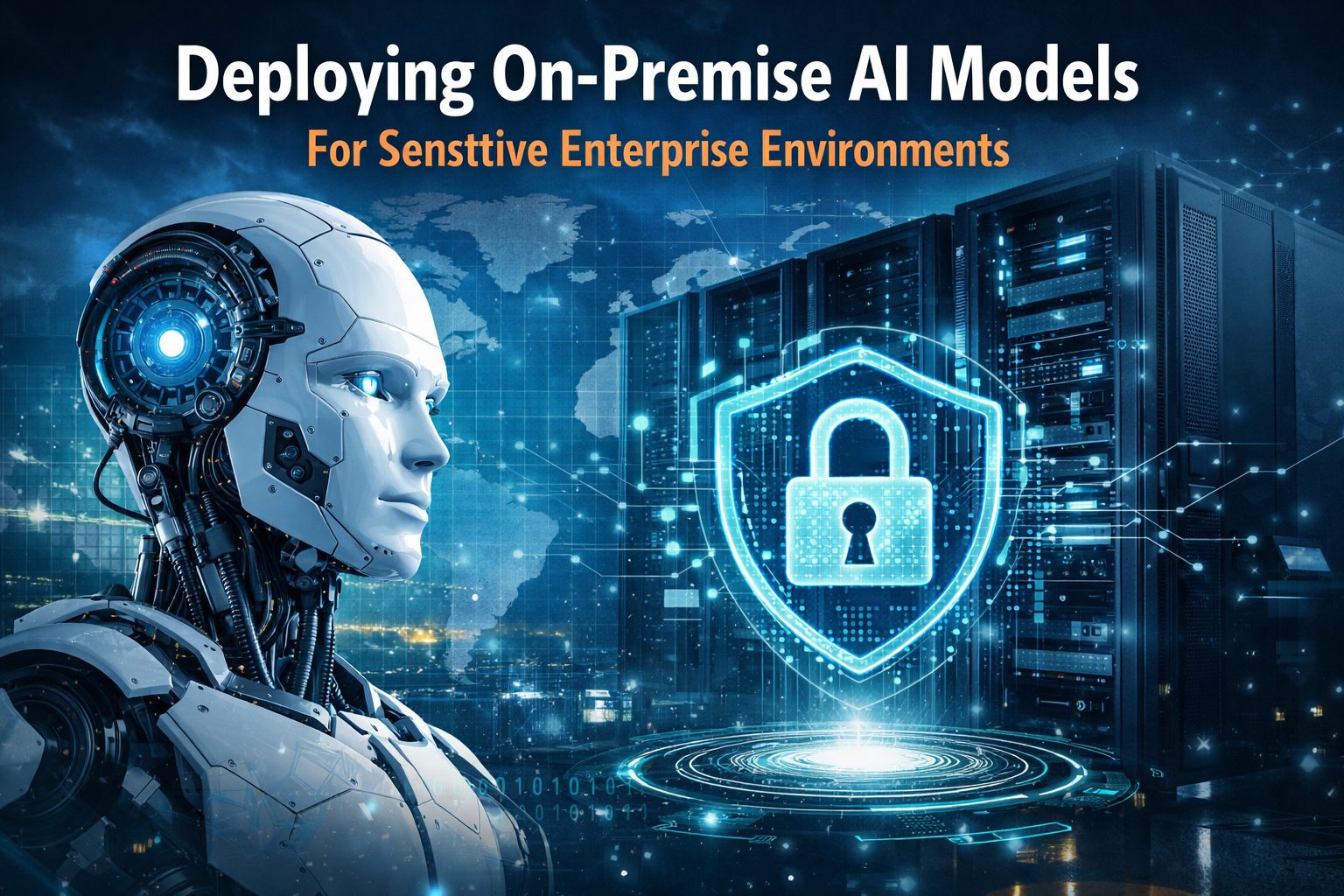Artificial Intelligence has transformed nearly every industry, from customer service and content creation to logistics and medicine. Algorithms now write articles, compose music, generate images, and even write code. But despite its growing capabilities, AI still has major blind spots—areas where human intelligence and ingenuity are not just valuable, but irreplaceable.
This gap between what AI can do and what it can’t is where your greatest opportunity lies.
1. AI Still Lacks True Creativity
AI can remix, regenerate, and repackage existing content. It can mimic the style of Shakespeare, generate a Van Gogh-like painting, or compose a Bach-style symphony—but it doesn’t understand why those styles matter or what cultural context makes them meaningful.
AI operates on patterns. Human creativity, on the other hand, is driven by emotion, risk-taking, lived experience, and intuition. A machine can write a song, but it can’t write your song—shaped by your heartbreak, your joy, or your sense of humor. If you’re an artist, writer, designer, or innovator, this is your edge.
Opportunity: Invest in original, emotionally intelligent work. Your personal story and creative voice can’t be replicated.
2. AI Can’t Understand Human Emotion (Not Really)
AI can process language and simulate empathy. Chatbots can say “I’m sorry to hear that” or “How can I help?”—but they don’t feel empathy, and they don’t understand the nuance of a sigh, a sarcastic remark, or cultural subtext.
In leadership, sales, therapy, customer support, and personal relationships, this emotional intelligence matters deeply. Humans crave connection. Real trust is built on understanding, vulnerability, and authenticity—things AI can’t truly emulate.
Opportunity: Human connection sells. In a sea of automation, the most emotionally aware person in the room wins.
3. AI Struggles with Ethics and Morality
AI doesn’t understand right or wrong. It can reflect ethical frameworks programmed into it, but it doesn’t have a conscience or cultural compass. Ask an AI what’s fair in a layoff decision, or how to navigate a morally complex situation—it might give you a technically sound answer, but not necessarily a human one.
As AI enters more spaces of decision-making, the need for human oversight and ethical clarity only grows. We’re in uncharted territory—and it’s humans, not machines, who will define what’s acceptable, fair, and just.
Opportunity: Your moral reasoning, empathy, and judgment are needed more than ever. Thoughtful leaders will be the guiding force behind responsible AI use.
4. AI Doesn’t Understand Context (Yet)
An AI model can summarize a book, but it won’t understand its historical impact. It can write a job ad, but miss the cultural tone or company voice. It can write a joke, but not always “get” the joke. Why? Because context is everything, and AI’s understanding of it is limited to patterns in data—not lived experience or cultural fluency.
Think of how humans adapt: the way we shift our tone in a tense room, or tailor a pitch for a specific audience. AI simply follows rules—it doesn’t read the room.
Opportunity: Use your understanding of nuance, culture, and human behavior to communicate in ways AI never can.
5. AI Can’t Make Strategic Decisions with Vision
AI is great at optimizing known paths, not discovering new ones. It can tell you what has worked. It can’t tell you what will work tomorrow in a world full of uncertainty. Strategy requires foresight, creativity, risk-taking, and cross-disciplinary thinking—traits AI lacks.
Successful entrepreneurs, marketers, product designers, and leaders are those who imagine what’s possible, not just what’s probable. AI needs data to predict. Humans can dream.
Opportunity: Use your imagination and vision to lead. The future won’t be built by AI—it’ll be built by humans who use AI wisely.
6. AI Doesn’t Take Responsibility
AI doesn’t take the blame when things go wrong. It doesn’t have skin in the game. That responsibility—of owning a project, leading a team, building a business—still falls on human shoulders.
Responsibility brings pressure, yes—but also influence, leadership, and trust. People follow those who are accountable and brave in the face of complexity. That’s something a machine can’t do.
Opportunity: Be the human face of trust. In a high-tech world, people still buy from people.
Final Thoughts: Your Human Advantage
AI is a powerful tool—but it’s still a tool. And like every major technological revolution before it, from the printing press to the internet, its real impact will be determined by how we use it.
If you’re creative, emotionally intelligent, ethical, strategic, or visionary—this is your time.
Don’t compete with AI on its terms. Compete on yours. Because what AI still can’t do is exactly what the world needs more of.

